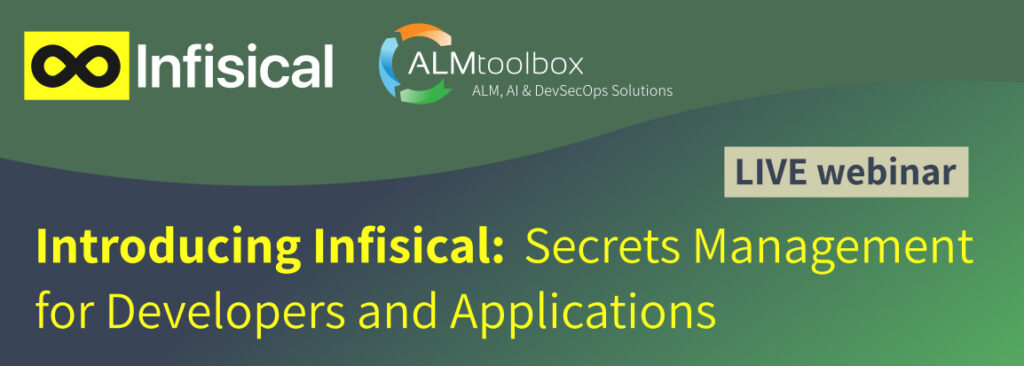In this post me we are hosting a guest writer, Mr. Leonid Stanovsky, who uses our product for a while and has agreed to share his review with us.
GoMidjets CompBL allows users of IBM’s ClearCase UCM to automatically compare baselines, streams and other ClearCase objects and assets. I have reviewed it in connection with a project that involved 20 developers, 10 components and intensive delivery/rebase operations, in which we created builds and baselines on the main release stream every night.
My aim was to assess the contribution of CompBL to our daily operations, mainly in reporting on delivered activities, as a basis for each day’s work plan. Such reports can be produced by built-in ClearCase commands, but this approach has two limitations. First, the commands are complicated and difficult to remember and to apply. Second, the output is very techy and not easily understandable by the managers who need the information. I’ve been planning to write a script to take care of this task for ages, but never got around to it. So naturally, when I was asked to review CompBL, I knew exactly why it may be useful.
I downloaded the demo version for GoMidjet’s website (www.almtoolbox.com), and found it wizard-based and GUI –based, very easy to install.
After installation CompBL opens a GUI that allows you to compare baselines, streams, etc. on a one-time basis, and also to define dynamic rules that generate reports according to pre-defined criteria. The interface was a bit cluttered to my taste, but once I got a grasp of its logic and got assistance by support team, it was fairly easy to use.
I found CompBL especially useful for the following tasks:
- Compare two baselines on the same stream, each representing a different product version and build
- Compare pair baseline/stream in any combinations and quickly find and analyze differences between them. I used it for diagnostic errors detected during an integration testing, it allows quickly locate the root of problem.
- Create reports, as part of Build Release Notes, about new baselines very quickly and reliably
- Create daily reports that compare the latest baseline to the previous one. I’ve achieved this by writing a dynamic comparison rule.
- Create Continuous Integration (CI) reports that compare the recommended baseline to the previous one. I’ve achieved this by writing a dynamic comparison rule and it requires some extra customization (the products comes with a set of triggers that enables this kind of report)
The main advantage of the CompBL for Release and Configuration Managers lies in saving time on manual report creation, based on UCM ClearCase commands above mentioned. One of the main problems with ClearCase, is that you need to do a lot of work to make the information presentable to managers (lots of copy & paste work from various sources). CompBL, on the other hand, automatically generates a tabulated report that can be easily understood by managers who want a quick and clear overview of the changes from one version to the next.
On the downside, I found the tool a bit slow. Especially uploading the baseline list takes more time than it should. But I know it will be improved on next versions.
To conclude, I found CompBL to be a very useful tool in saving time and energy for Release and Configuration Managers, and in making DevOps in general more efficient. Still, it can be improved in both simplicity and performance.
About the writer
Leonid Stanovsky is an experienced Configuration Manager with 18 years of industry experience. He currently serves as a ClearCase supporter at Elad/Intel, and previously served as Configuration Manager at Motorola and Alcatel-Lucent.




